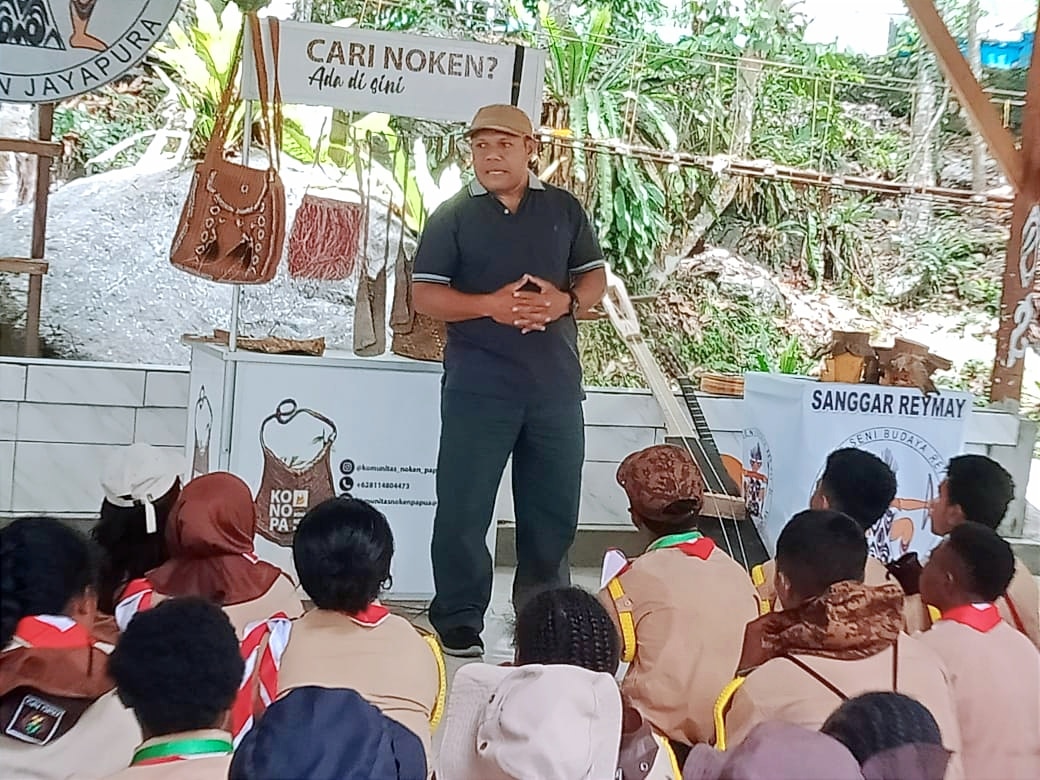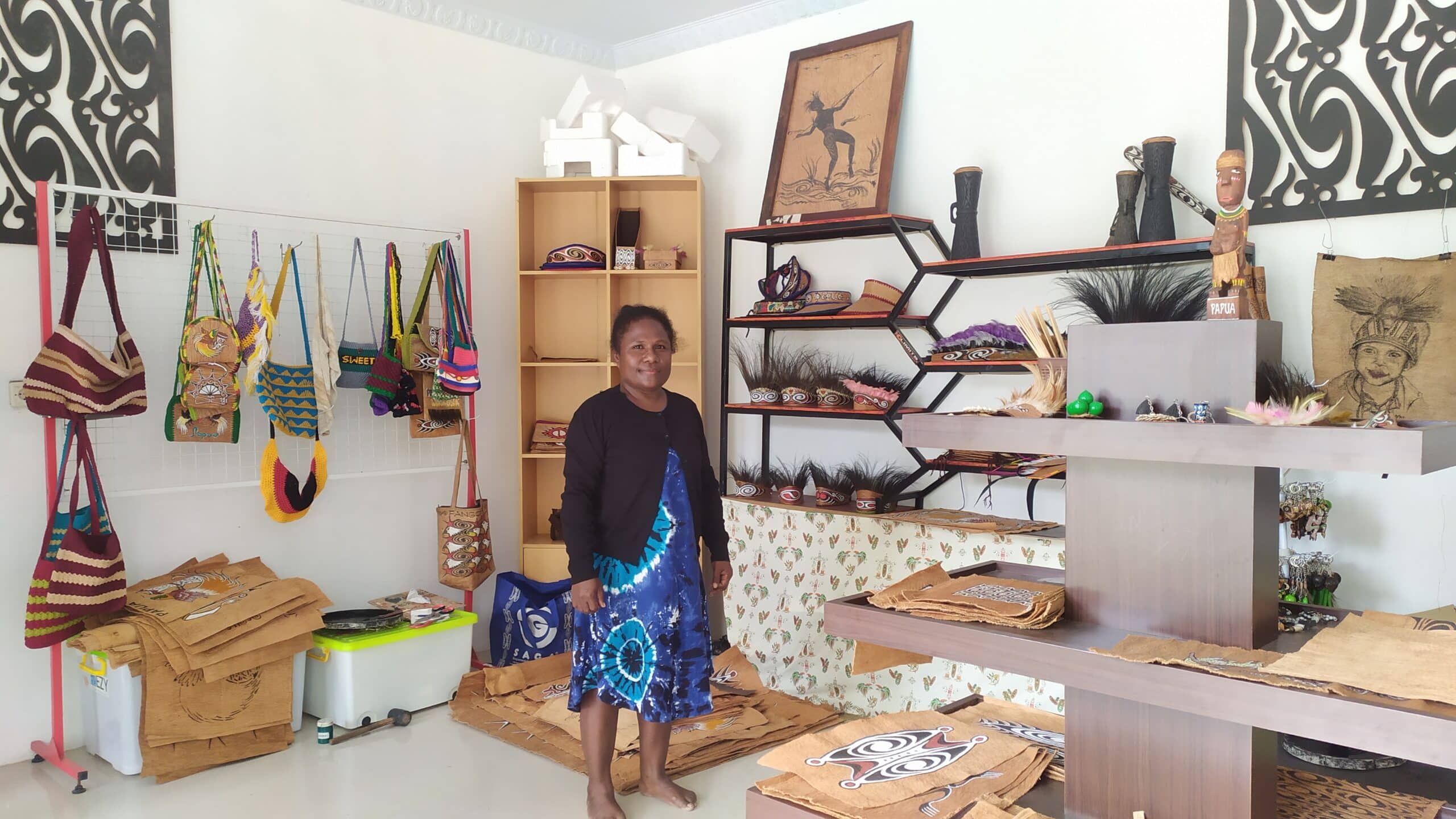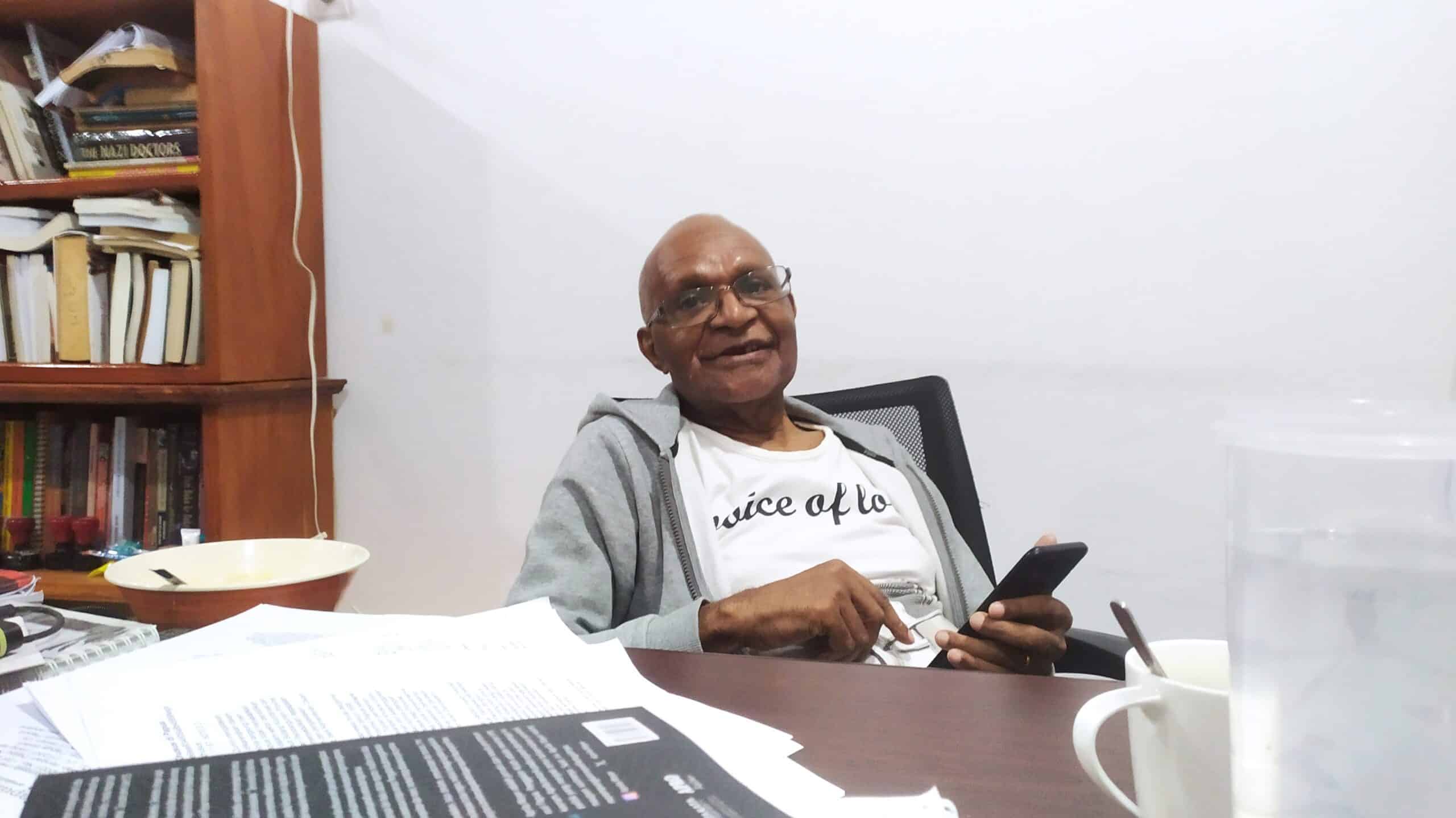Jayapura, Jubi – The rapid development of technology has made rap and hip hop music flourish in Papua. It has become a lifestyle for some young people, mixed with Papuan culture.
This was conveyed by the Head of the Performing Arts Department of the Indonesian Institute of Cultural Arts (ISBI) Papua, Muhammad Ilham M. Murda, who is currently in charge of the Papua Hip Hop Festival which will be held on February 25, 2023 at the Papua Trade Center Jayapura.
Murda said hip hop differed from a band that must have several large and expensive instruments, incurred costs for recording and distribution in physical media such as cassette or compact disc to the audience.
“In my opinion, hip hop in Papua is growing rapidly on digital platforms. That way, it is cheaper and easier for hip hop artists to create and distribute their work. Hip hop musicians in Papua only need a laptop and simple recording equipment to create and promote their work on digital platforms, including YouTube and Spotify,” he said.
According to Murda, hip hop has become a lifestyle and acculturated with the Papuan culture. But unfortunately, proper knowledge about hip hop culture itself is lacking, and it still often adopts western patterns that are contrary to the eastern culture of Indonesians, especially in Papua.
For Murda, music is one of the media to convey positive messages, social insights, education, and motivation to strive in life. “In my opinion, hip hop and rap is able to generate a culture of literacy among young people today, where they read, write and perform the lyrics with good rhyme, and combine it with Papuan musical instruments,” he said.
Rappers, he said, also played a role in popularizing the Papuan Malay accent to the community outside.
“The impact is that many hip hop lovers outside Papua can understand and memorize the lyrics of songs by Papuan musicians. Not only that, rap musicians in Papua are also able to promote Papuan culture, tourism and creative industry through visual materials for their songs,” he said.
Murda said young people nowadays were adept at taking pictures and videos about the natural beauty of Papua, and this would certainly attract visitors to come to Papua.
“That will increase the economic value of the local community and income for the region. Therefore it is very important to provide space for Papuan children to work their way to preserve the Papuan culture from each tribe,” he said. (*)
















